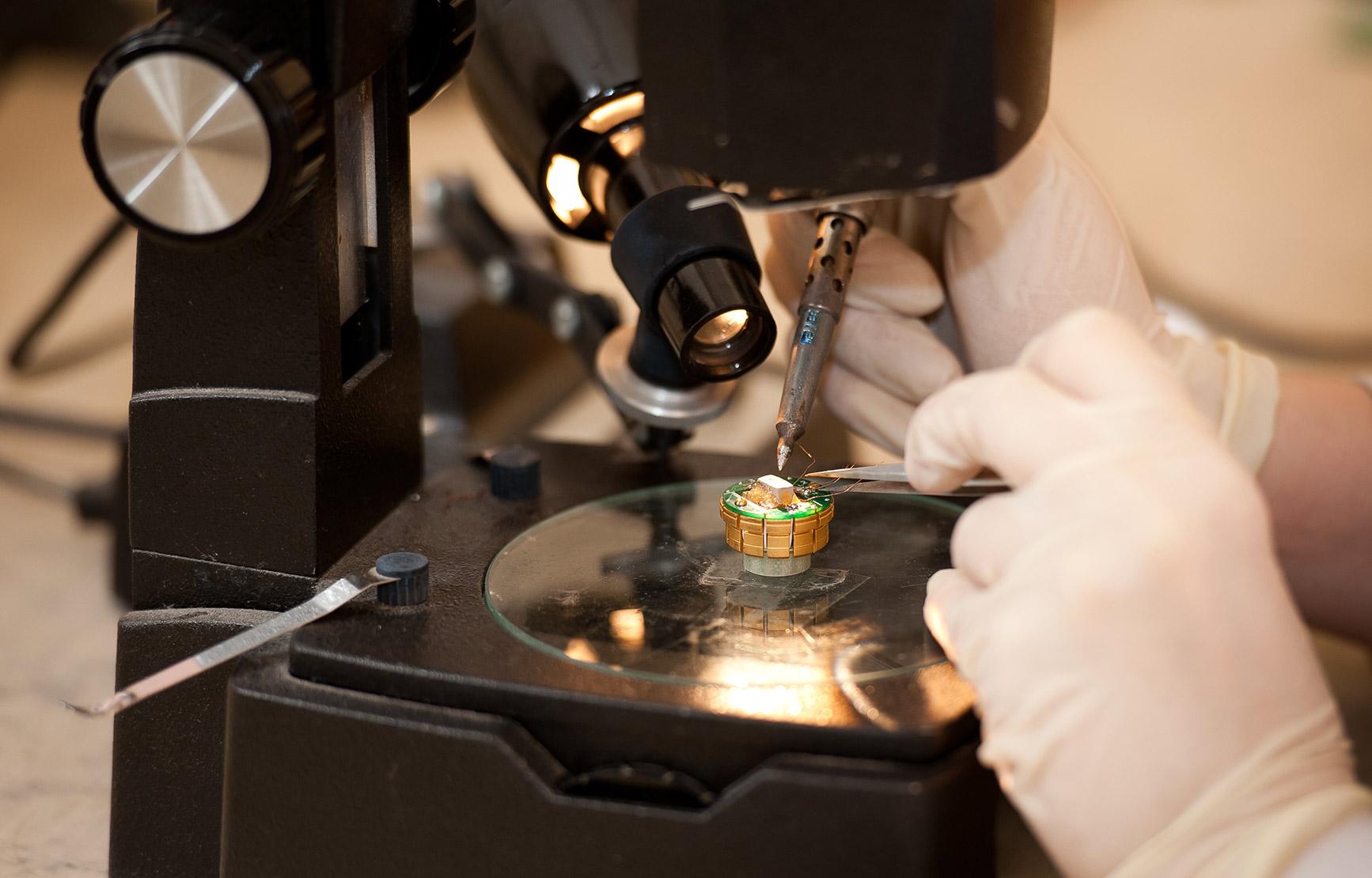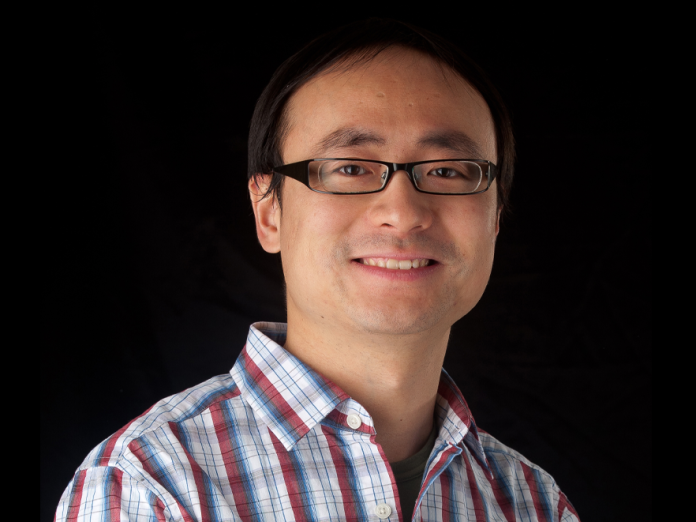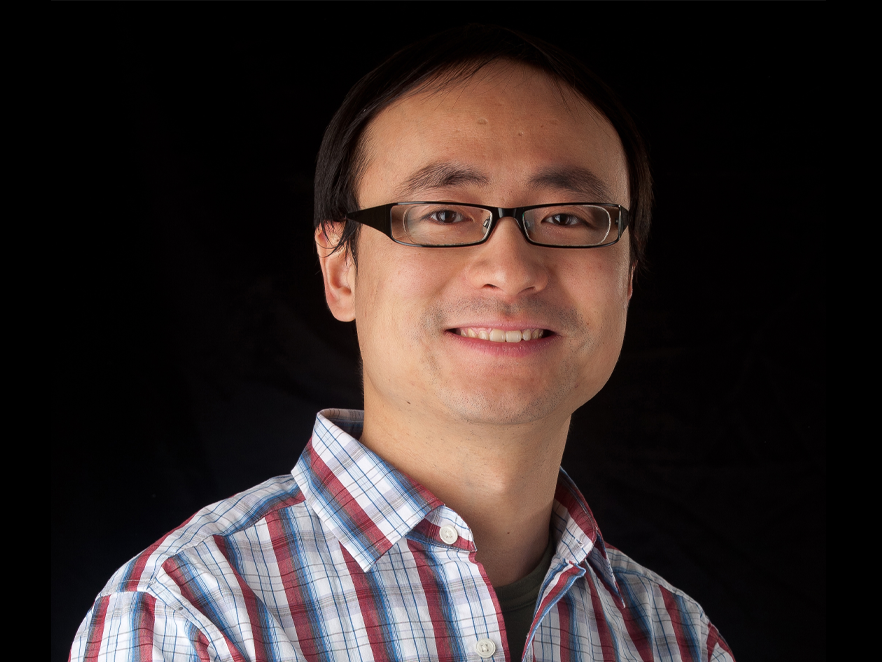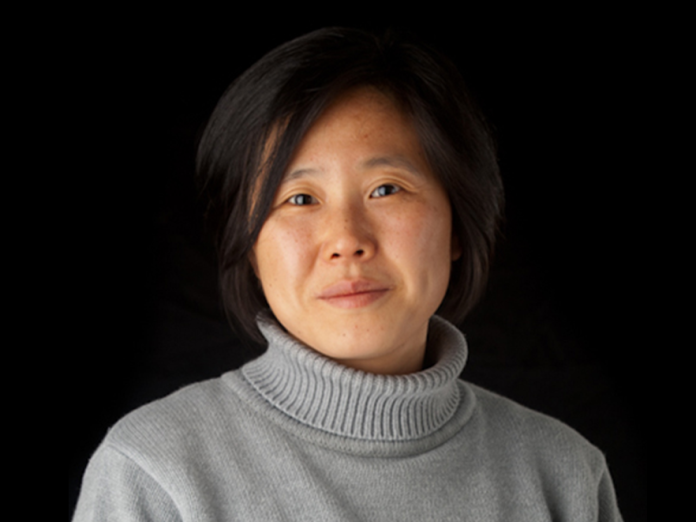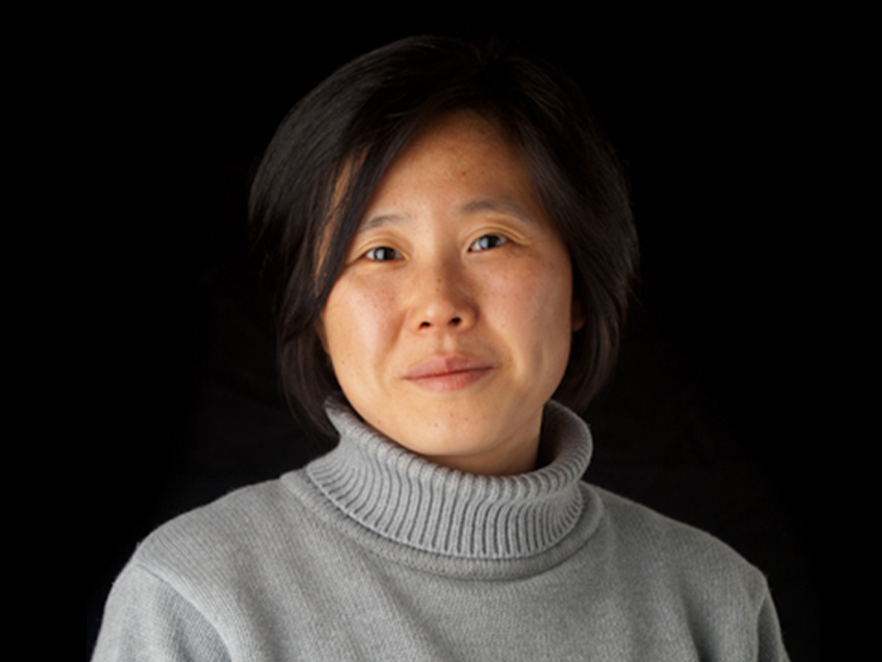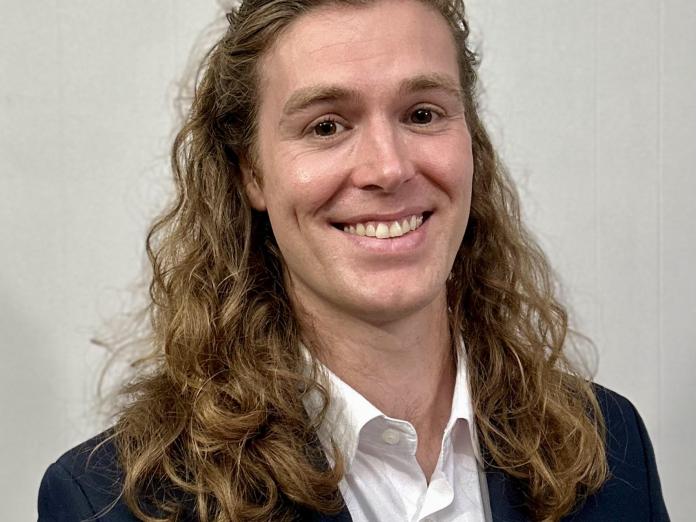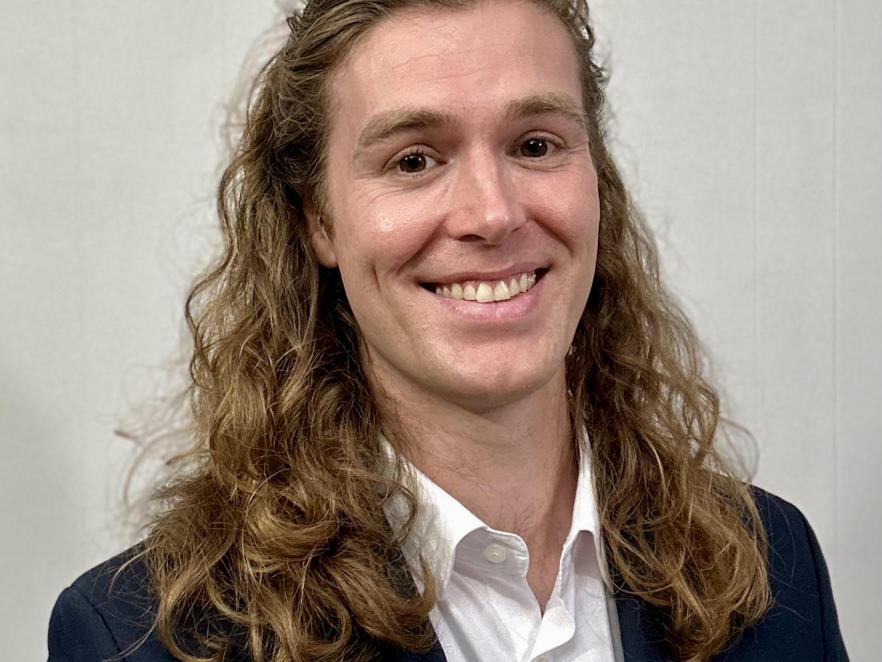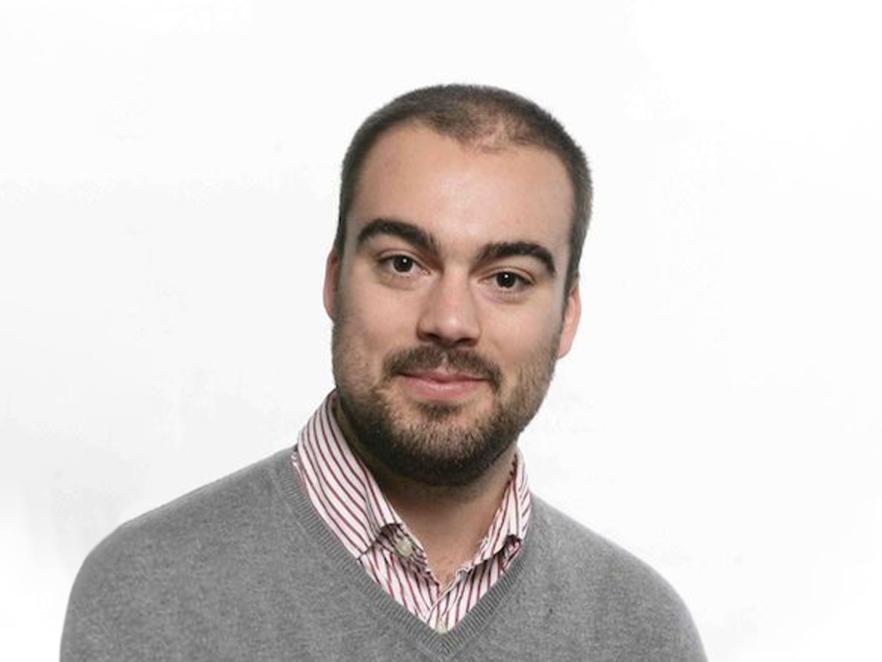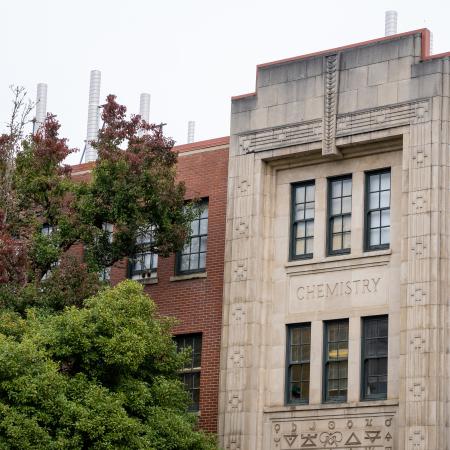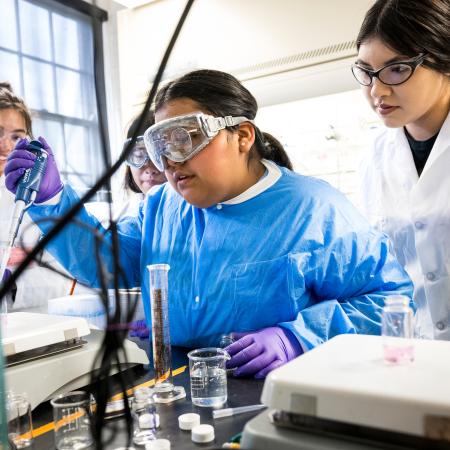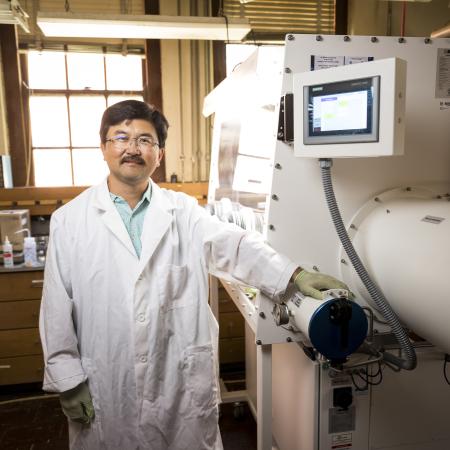Powerful toolsets that track chemistry in action
Physical chemists are “philosophers” of chemistry, aiming to understand the underlying mechanisms of chemical systems, light and matter. They develop and implement versatile and powerful experimental and theoretical toolsets to track chemistry in action, understand natural phenomena, and facilitate downstream applications in a quantitative and predictive manner, which has been increasingly collaborative and synergistic. Physical chemistry research contributes to all areas that require a deeper understanding of how things work at the molecular, electronic and atomic levels, which broadly impact the materials to biological fields in order to address pressing issues in energy sectors and human health.
